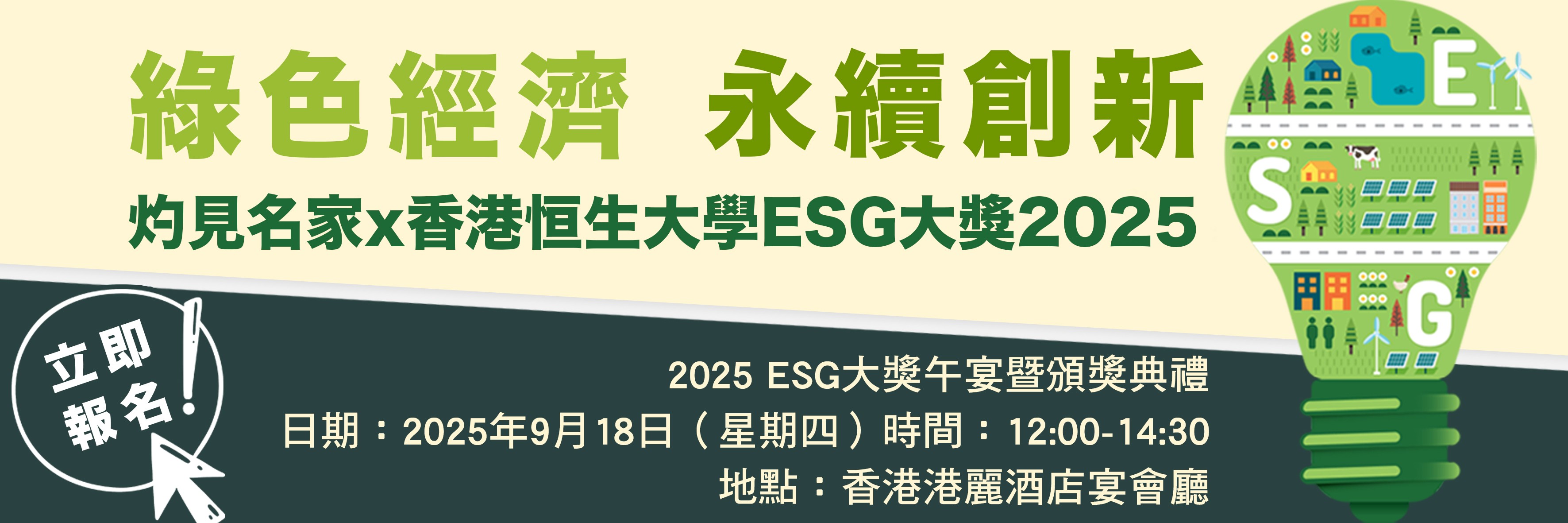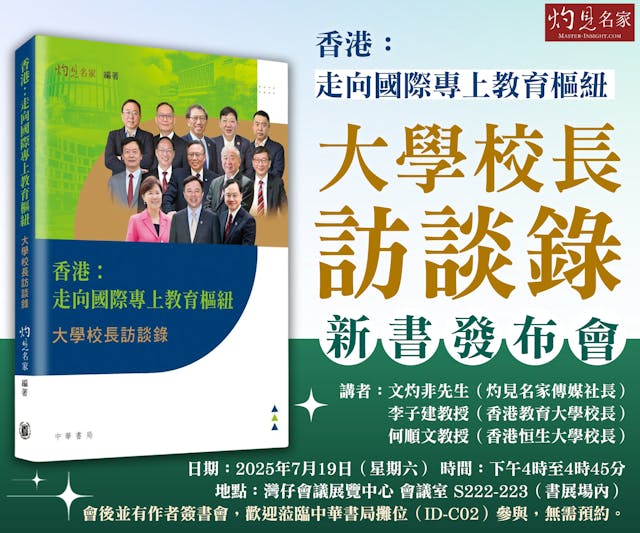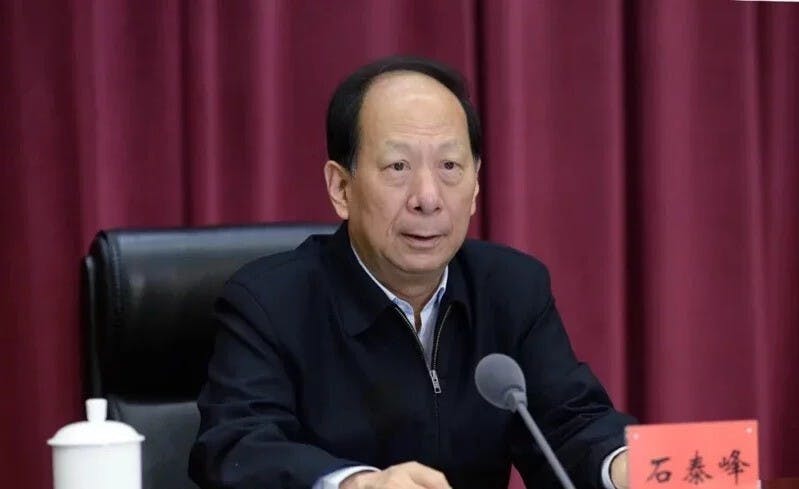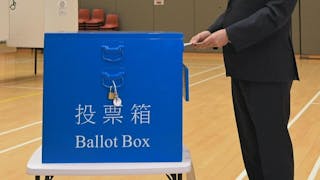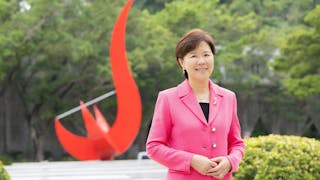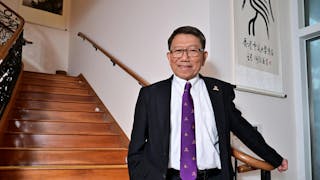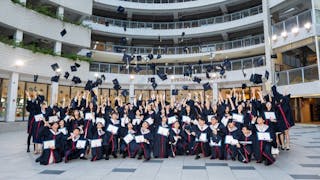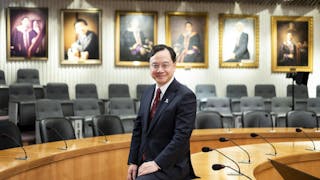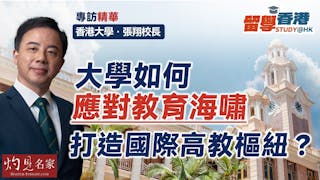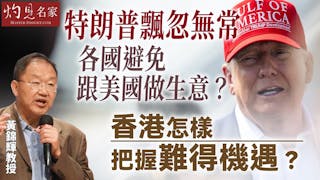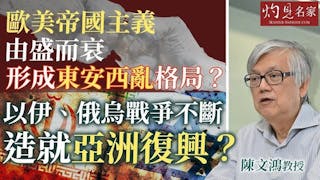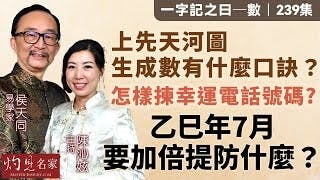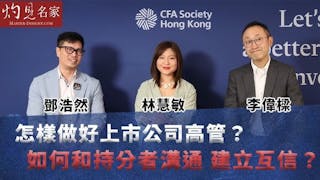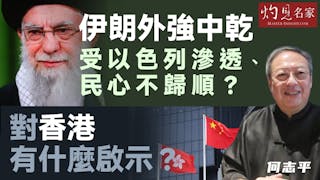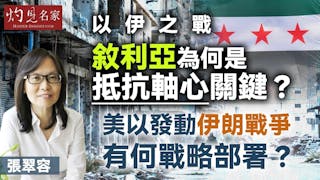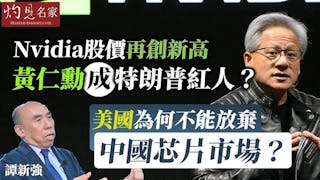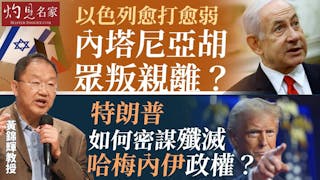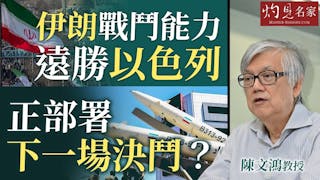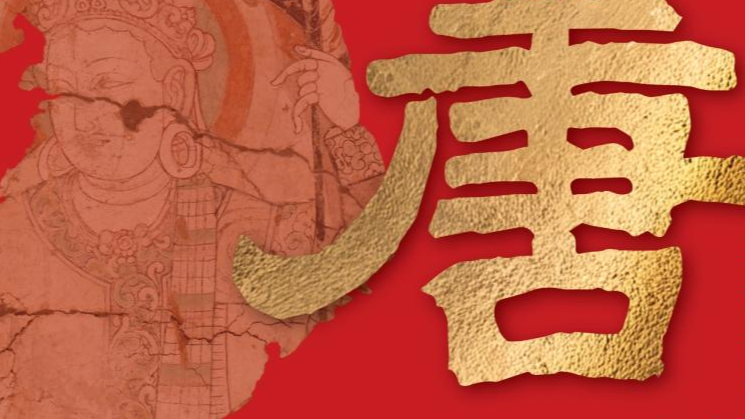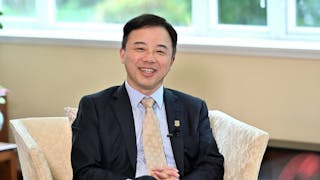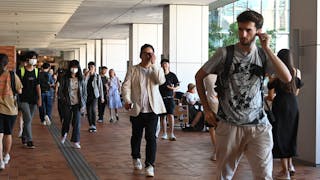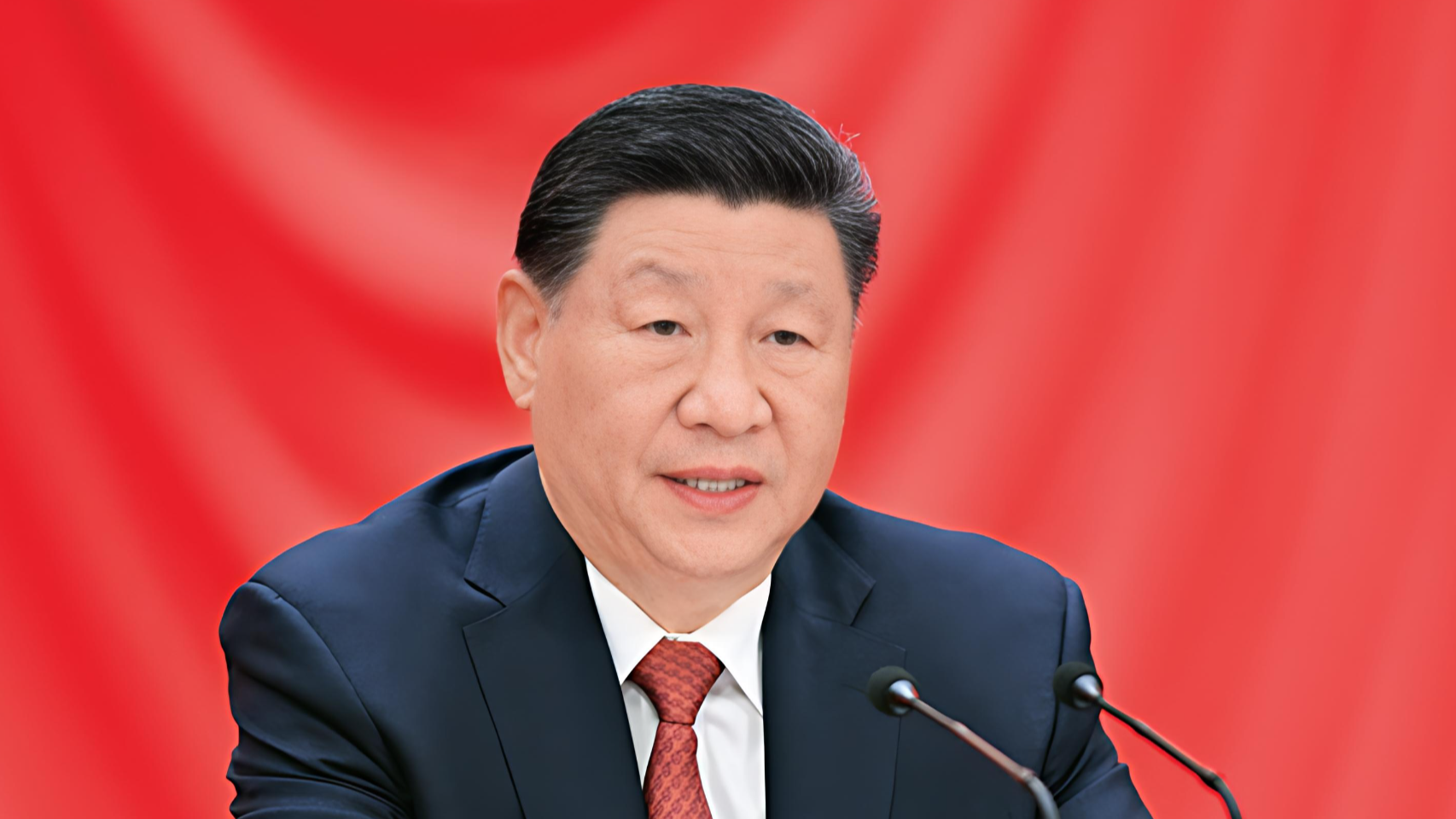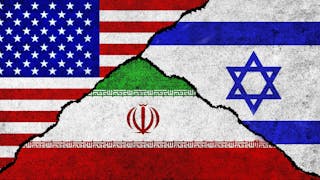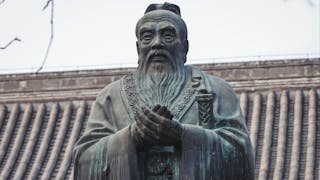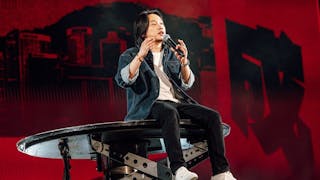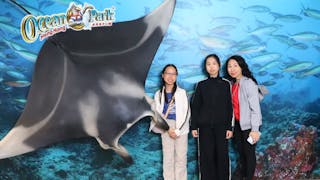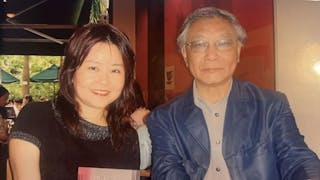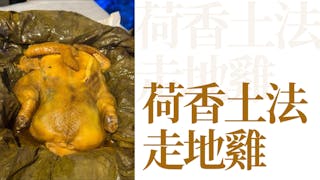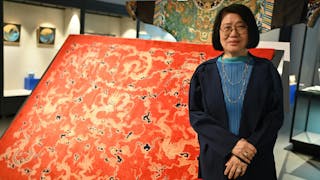中共中央政治局24名委員之一的石泰峰出任統戰部部長,對中國在港澳台地區的統戰工作具有重要意義。未來幾年,尤其是在台灣問題上,台灣政治前途勢將列為中共二十大後的首要議程之一。
66歲的石泰峰接替現年68歲的尤權;尤權的名字被排除在中共中央委員會成員之外,據報他將退出政治舞台。
按照慣例,統戰部部長將參與處理涉及港澳台的事務。鑑於10月16日習近平總書記在中共二十大報告的開頭和結尾,港澳台佔據中心位置,可見新上任的石泰峰對制定和實施對港澳台統戰工作發揮重要作用。
石泰峰的迅速升遷到最高部長的職位讓一些外部觀察家感到意外。然而,仔細觀察他的資歷,就會發現他十分夠資格。
石泰峰獲習近平高度評價
石泰峰1956年出生於山西省。文革期間,他是上山下鄉體驗農民生活的知識青年,後來他學習機械,並在一家機床廠當工人。1978年,石泰峰考入北京大學法律系,是現任國務院總理李克強的同學。1982年畢業後考取北京大學法律系的研究生,1985年獲碩士學位,論文題目是「恩格斯法律觀初探」。
1985年7月,石泰峰進入中共黨校任教法學教師。1987年11月至1988年11月任河北省寧晉縣委副書記。1990年6月任中共中央黨校社會主義法制部副部長。1991年9月至1992年9月,他在荷蘭阿姆斯特丹大學攻讀法律。 1992年9月,石泰峰回國任中共中央黨校社會主義法制教研室主任。1995年11月晉升教授。1996年3月任黨校政法教研部副主任。3年後,他被提升為黨校校務委員會委員兼政法教研部主任。2001年7月任黨校組織部副部長,負責組織、教研工作。2002年2月,石泰峰被任命為中共黨校副校長,這是他職業生涯中的一個重要職位。2008年2月當選全國人大代表,後任全國人大法律委員會委員。
2010年9月,石泰峰任為江蘇省委常委,負責組織工作。2011年8月升任江蘇省委副書記。2012年11月,當選為第十八屆中央委員會候補委員。2014年6月,石泰峰兼任江蘇省委副書記,兼任蘇州市委書記。2015年11月,被提名為江蘇省代省長。3個月後,他當選為江蘇省省長。
石泰峰不僅在中央黨校和江蘇省擁有豐富的經驗,2017年4月還出任寧夏回族自治區黨委書記,這一職位最有助他目前在港澳台地區的工作。2017年10月,十九大當選為中央委員。2019年10月,石泰峰擔任的另一個重要職務是被任命和輪換擔任內蒙古自治區黨委書記。2020年1月,在內蒙古大力反腐,對煤炭資源領域違規違法問題專項整治,多名貪官被立案查處。最重要的是,石泰峰在內蒙古中小學廣泛推行漢語教學。2022年4月,輪任中國社會科學院院長。兩個月後,任全國人大教育科技文化衛生委員會副主任。 2022年10月,石泰峰當選為中共中央政治局委員。
石泰峰在內蒙古的反腐運動值得我們關注。他開展的反腐倡廉工作,不僅完全符合習近平總書記對廉政建設的高度重視,而且具有深刻意義,內蒙古近1000名官員被查處了20年的腐敗行為。正如習近平在中共二十大上強調的那樣,中國共產黨要通過反腐倡廉進行「自我革命」和不斷更新換代,石泰峰的工作顯然受到了習近平的高度評價。
據新華社2022年1月21日內蒙古報道,石泰峰在內蒙古呼和浩特市發表了強調高質量發展、高舉「習近平新時代中國特色社會主義思想」旗幟的重要講話。強調要「全面貫徹習近平總書記對內蒙古重要講話重要指示批示精神和中央經濟工作會議精神」。石泰峰聽取了8位市領導的意見,就如何激活經濟、促進可持續發展、發展高端產業等問題與他們進行了互動。石泰峰強調了經濟管理效率和有效性的必要性,包括按時完成建設工作的必要性,以及使用數字化平台改善治理和城市政務服務的必要性。
因此,細看石泰峰的工作,可以看出他過去是而且不僅是習近平思想的忠實擁護者,而且還是一位處理法律理論、教育工作、組織事務、自治區發展事務、全面貫徹落實反腐倡廉工作,採取經濟實用主義,以及促進必要的電子政務實現的經驗豐富官員。如果統戰工作需要一位思想乾淨、經驗豐富、經濟務實、政治忠誠的新領導,那麼石泰峰的資歷顯然非常強大,這跟一些觀察家所質疑的不同。
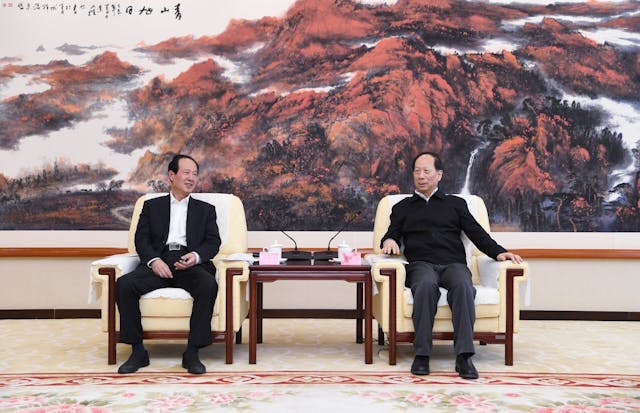
港澳台工作的挑戰
的確,石泰峰對香港、澳門和台灣的工作面臨的挑戰依然存在。首先,自2020年初新冠疫情爆發以來,北京對台灣民眾的統戰工作受到嚴重干擾。隨着新冠病毒及其變種逐漸消失,我們可以期待2023年及以後加強在教育、經濟和社會等各個方面對台灣的統戰工作取得進展。過去,大陸的統戰工作似乎集中對台灣深藍和藍營,在接觸更多綠營人士方面沒有取得任何突破,更談不上團結。可以說,接觸綠營中的一些溫和派,向他們解釋和平統一和台灣一國兩制模式中的分階段談判的兩個要素,將是中國大陸的兩個先決條件。未來幾年對台統一戰線工作取得成功。
其次,自2020年6月下旬以來,儘管《香港國安法》的出台極大地穩定了香港社會,但許多香港人在政治上如此不安、恐懼和失望,表現出各種傾向,從離港到家庭移民到政治冷感的回歸,從對愛國精英的政治犬儒主義到對政治的冷漠態度。因此,香港的統戰工作不能只局限於愛國的精英和群眾;它必須擴大到那些政治思想受到香港當局相對保守和強硬政策「傷害」的人。
第三,雖然澳門通常是一個大陸化的城市,愛國精英和群眾的影響力很大,但一些澳門人對某些政治上非常溫和理性的民主人士在2021年的立法會選舉中遭斷然取消資格感到相當不滿。也許石泰峰的新一屆領導層可能會研究在澳門營造更寬鬆的政治環境的可能性,如果統一戰線工作能夠而且將會真正成功,澳門的政治寬容形象,就像香港的情況一樣,是至關重要的。澳門和香港的溫和派都意識到國家安全的重要性,但他們都希望未來幾年的政治和社會氛圍更加寬鬆。
希望石泰峰領導下的中央,能夠並且真正贏得港澳中產階級的心,同時接觸台灣的各個社會政治範疇,那裏的地方認同感比香港和澳門人民要強烈得多。
總而言之,石泰峰被任命為中國統戰部新部長,得益於他豐富的教育、組織、反腐敗及建設的能力和經驗。不過,他的統戰部能夠如何及將會如何改進對港澳台的工作,尤其是台灣,很多人反對用一國兩制來解決寶島的政治前途,仍有待觀察。儘管「愛國者治港」是《香港國安法》下新選舉制度的必然現象,但許多香港人卻變得冷漠、憤世嫉俗和沉默。中央當局如何才能真正贏得這些香港人的心,還須拭目以待。最後,理想的情況下,中央當局可能會重新審視澳門上屆立法會選舉中取消許多非常溫和的人的資格這種相對強硬的做法。如果港澳台統戰工作有很大提升空間,石泰峰未來的挑戰可能會比一般人想像的更加艱鉅。
New United Front Leadership and Challenges on Hong Kong, Macau and Taiwan
The appointment of Shi Taifeng, a member of the 24-member Politburo of the Communist Party of China (CPC), to be the minister of the United Front Department has important implications for China’s united front work on Hong Kong, Macau and Taiwan in the coming years, especially on Taiwan whose political future will be ranked as one of the top issues in the CPC’s agenda after the 20th Party Congress.
The 66-year-old Shi has taken over from the 68-year-old You Quan who is reportedly going to retire from the political scene as You’s name was excluded from the membership of the Central Committee of the CPC.
By convention, the minister of the United Front Department must deal with the affairs affecting Hong Kong, Macau and Taiwan. Given the fact that Hong Kong, Macau and Taiwan occupy a central part at the beginning and at the end of the report delivered by the CPC General Secretary Xi Jinping to the 20th Party Congress on October 16, it is evident that the newly appointed Shi will play a crucial role in formulating and implementing China’s united front work on the three places.
Shi’s rapid rise to the top ministerial position is a surprise to some outside observers; nevertheless, a close look at his credentials shows that he is very well qualified.
Shi was born in the province of Shanxi in 1956. During the Cultural revolution, Shi was one of the youths being sent down to work in the countryside to experience the life of peasants. Later he studied machinery and worked in a factory as a worker. In 1978, Shi enrolled at Peking University to study legal theory and was a classmate of the current Premier Li Keqiang. In 1982, Shi graduated from Peking University’s law faculty with a master’s degree and his master thesis was about the legal theory of Engel.
In July 1985, Shi joined the CPC Party School to become a teacher lecturing on law. From November 1987 to November 1988, he became a deputy party secretary of Ningjin county in Hebei province. In June 1990, Shi became a deputy director of the CPC Central Party School’s Socialism and Legal Department. From September 1991 to September 1992, he pursued his studies in law at the University of Amsterdam in Holland. In September 1992, Shi returned to China and became a director of the CPC Central Party School’s Socialism and Legal Department. He was promoted as a professor in November 1995. In March 1996, Shi was appointed as the deputy director of the CPC’s Politics and Law Teaching and Research Department. Three years later, he was promoted as the director. In July 2001, he was appointed as a deputy minister of the organizational department of the CPC Central Party School, responsible for organizational, teaching and research work. Then in February 2002, Shi was appointed as the deputy principal of the CPC Party School – an important position in his career. In February 2008, he was elected as a member of the National People’s Congress (NPC), later joining the NPC’s Legal Commission.
In September 2010, Shi was appointed as a standing committee member of the CPC in Jiangsu province and responsible for organizational affairs. In August 2011 he was promoted as the deputy party secretary of the Jiangsu province. In November 2012, he was elected as a supplementary member of the 18th CPC Central Committee. In June 2014, Shi was appointed as the Suzhou city’s party secretary, apart from his position as the deputy party secretary of the Jiangsu province. In November 2015, he was nominated as the acting governor of the Jiangsu province. Three months later, he was elected as the governor of the Jiangsu province.
Shi not only had rich experiences at the Central Party School and Jiangsu province, but he also became the party secretary of the Ningxia Hui Autonomous Region in April 2017 – a position that would eventually help his current work covering Hong Kong, Macau and Taiwan. In October 2017, Shi was elected as a member of the Central Committee during the 19th Party Congress. Another significant position taken by Shi was in October 2019, when he was appointed and rotated as the party secretary of the Inner Mongolia Autonomous Region. In January 2020, he shouldered the responsibility of conducting anti-corruption work in the region, dealing with unethical behavior in the handling of coal and other resources allocation work. Many corrupt officials were investigated the penalized. Most importantly, Shi implemented the widespread usage of Han Chinese characters in the Inner Mongolian primary and secondary schools. In April 2022, he was rotated to be the Dean of the Chinese Academy of Social Sciences. Two moths later, he became the deputy director of the NPCs Education, Science, Technology, Culture and Health Committee. In October 2022, Shi was elected as a member of the CPC Politburo.
Shi’s anti-corruption crusade in Inner Mongolia deserved our attention. The anti-corruption work he implemented was not only in full conformity with CPC General Secretary Xi Jinping’s emphasis on clean government, but also profound in the sense that some 1,000 officials in Inner Mongolia covering their corrupt behavior for 20 years were investigated. As Xi Jinping emphasized in the 20th Party Congress that the CPC must engage in “self-revolution” and continuous renewal through anti-corruption campaigns, Shi’s work was clearly highly regarded by Xi.
According to the Xinhua report about Inner Mongolia on January 21, 2022, Shi Taifeng gave a powerful speech in a city in Inner Mongolia by emphasizing high-quality development, raising the banner of “Xi Jinping new era Chinese-style socialism thought,” and remarking the need to “fully implement Xi Jinping’s directives” on economic work and the improvement of business environment. Shi listened to the views of eight city officials, interacting with them on how to activate the economy, promote sustainable development, and develop high-ended industrial sectors. Shi emphasized the need for efficiency and effectiveness in economic management, including the necessity of meeting deadlines in construction work and the usage of digitized platform to improve governance and the delivery of urban services.
Hence, a closer look at Shi’s work showed that he was and is not only a loyalist of the Xi Jinping thought, but also an experienced official dealing with legal theory, education work, organizational affairs, the developmental matters of autonomous regions, the full implementation of anti-corruption work, the adoption of economic pragmatism, and the realization of the need to promote e-governance. If united front work requires a new leader who is ideologically clean, richly experienced, economically pragmatic, and politically loyal, then Shi’s credentials are clearly very strong, unlike what some observers have queried.
Indeed, the challenges of Shi’s work on Hong Kong, Macau and Taiwan persist. First and foremost, Beijing’s united front work on the Taiwan people have been disrupted severely since the onset of Covid-19 in earl 2020. With the fading away of Covid-19 and its variants, we can expect the enhancement of united front work on Taiwan to proceed in all aspects, educationally, economically and socially, in the year 2023 and beyond. In the past, the mainland’s united front work appeared to focus on the dark blue and blue camps and failed to achieve any breakthrough in contacting, let alone uniting, more people in the green camp. Arguably, reaching out to some moderate people in the green camp, and explaining to them the twin elements of peaceful reunification and a stage-by-stage negotiation in the Taiwan model of “one country, two systems” will be two preconditions to mainland China’s success of united front work on Taiwan in the coming years.
Second, although the introduction of the national security law has greatly stabilized Hong Kong’s society since late June 2020, many Hong Kong people have been so politically upset, frightened and disappointed that they have been exhibiting various tendencies, ranging from exit from Hong Kong through family emigration to a return to political apathy, and from political cynicism toward “patriotic” elites to indifferent attitude toward politics. As such, united front work in Hong Kong cannot only narrowly restrict to the “patriotic” elites and masses; it has to be expanded to those people whose political mind has been “hurt” by the relatively conservative and hardline policies adopted by the authorities dealing with Hong Kong matters.
Third, although Macau is often a mainlandized city with tremendous influence of the “patriotic” elites and masses, some Macau people were quite unhappy with the relatively hardline disqualification of some politically very moderate and rational democrats in the territory’s legislative elections in 2021. Perhaps Shi’s new leadership may study the possibility of fostering a more relaxed political environment in Macau whose image of political tolerance, as with the Hong Kong case, is of utmost importance if united front work can and will really succeed. All the moderate people in Macau and Hong Kong realize the paramount importance of national security, but they all hope for a more relaxed political and social atmosphere in the coming years.
Hopefully, the central authorities under the leadership of Shi Taifeng can and will really win the hearts and minds of the people in the middle sectors of Hong Kong and Macau, while reaching out to various socio-political sectors in Taiwan where the local identity is much stronger and vibrant than the people of Hong Kong and Macau.
In conclusion, Shi Taifeng’s appointment as the new minister of China’s united front department is due to his rich educational, organizational, anti-corruption, and capability-building experiences. However, it remains to be seen how his United Front Work Department can and will improve its work on Hong Kong, Macau and Taiwan, especially Taiwan where many people are resistant to the usage of “one country, two systems” to deal with the island’s political future. Although “patriots” ruling Hong Kong is a phenomenon firmly entrenched by the new electoral system under the national security law, many Hong Kong people have become apathetic, cynical and silent. It remains to be seen how the central authorities can and will really win the hearts and minds of these Hong Kong people. Finally, and ideally, the central authorities may revisit their relatively hardline approach to disqualifying many very moderate people in Macau’s last legislative elections. If united front work on Hong Kong, Macau and Taiwan has much room to improve, Shi Taifeng’s future challenges will likely be more dauting than conventional wisdom may have assumed.

